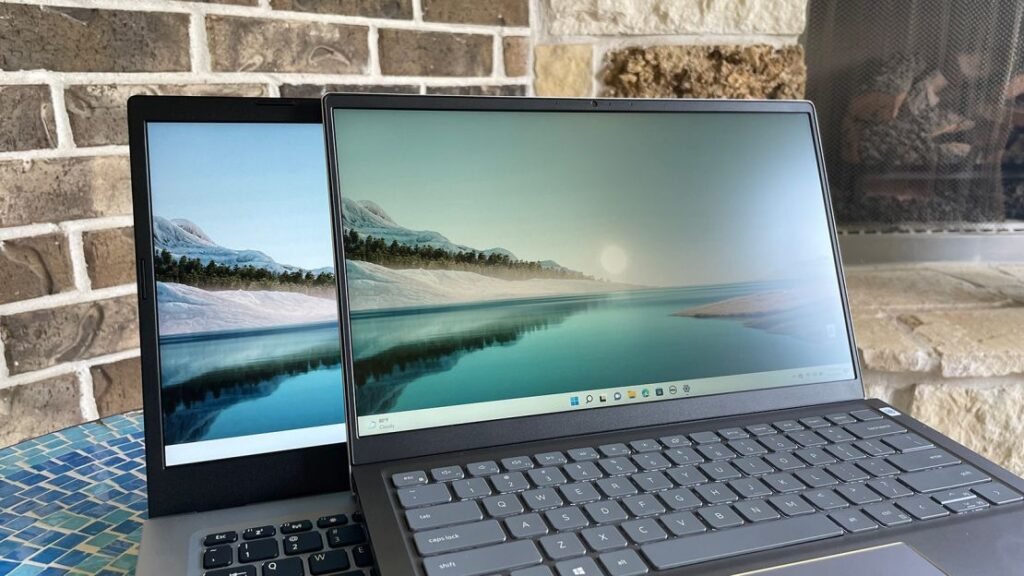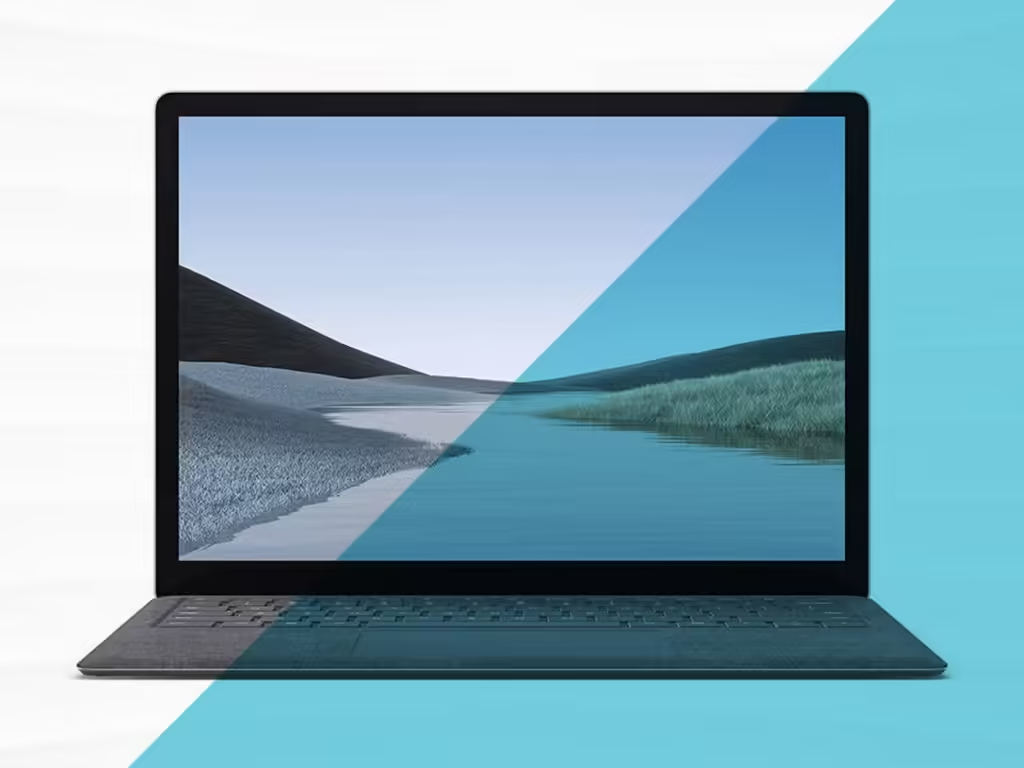Purchasing a budget laptop is one of the most alluring options for many customers when it comes to computer purchases. Who wouldn’t want to save money and still obtain a gadget that seems to have everything they need, after all? But the appeal of a cheap price tag frequently conceals a number of possible disadvantages that, in the long term, could result in dissatisfaction, poor performance, and financial waste. In this post, we’ll examine the actual technological components that support these worries and delve into the reasons why you should give purchasing a cheap laptop some serious thought.
1. Reduced Quality of Construction
To keep costs down, budget laptops are frequently built using less expensive materials. This typically translates to keyboards that seem like they’ll break after a few months of use, plastic chassis, and weak hinges. The truth is that these computers are not made to last, despite the manufacturers’ best efforts to make them appear stylish. The laptop’s case may begin to crack with time, the hinges may loosen, and the keyboard keys may start to stick or stop working entirely.
Furthermore, low-cost laptop screens are usually of worse quality, with limited viewing angles and generally poor color fidelity. If you want to use the laptop for any creative activity where proper color representation is essential, like photo or video editing, this can be especially annoying.

2. Poorer Outcomes
budget laptops frequently include slower storage options, fewer RAM modules, and low-end processors. Let’s examine what this entails in practical terms:
Processor: Although these low-cost CPUs can manage simple tasks like word processing and web browsing, they have trouble handling complex applications. There might be obvious lag and slowdowns even when performing things like working with huge spreadsheets, streaming HD videos, and managing many browser tabs.
RAM: Just 4GB of RAM is a common feature of inexpensive laptops, which is insufficient to maintain the smooth operation of contemporary operating systems. If you have a lot of open apps, you may quickly run out of RAM, which can cause slow performance and frequent freezing.
Storage: Low-cost laptops typically come with either a low-end solid-state drive (SSD) or a small-capacity hard disk (HDD) for storage. Although SSDs read and write more slowly than HDDs, they are typically of poorer quality and are seen in inexpensive laptops. Furthermore, you won’t have enough space for your information due to the low storage capacity (often 128GB or less), which will force you to rely on external storage options or cloud services.
3. Short Battery Life
Another area where budget laptops sometimes fall short is battery life. Manufacturers could choose to use less effective, smaller batteries to save money. Shorter battery life is also a result of low-end processors’ and other components’ unoptimized energy efficiency. Although the specs indicate a battery life of up to 6–8 hours, actual use can reduce it to only a few hours, particularly when engaging in more strenuous activities.

4. Limited Capability to Upgrade
To save money and space, manufacturers frequently solder parts like RAM or storage to the motherboard. This implies that you won’t be able to upgrade your laptop if it struggles to meet your demands. Higher-end laptops, on the other hand, frequently provide greater flexibility, enabling you to replace the storage drive with one that has a larger capacity and operates faster or to add more RAM.
5. Poor Software User Experience
budget laptops frequently have a ton of trial and superfluous software preinstalled, known as bloatware, which can clog your desktop and slow down your computer. It can take a while to remove these programs, and occasionally there are lingering effects that impede performance. Furthermore, low-cost laptops can not include the entire operating system. Although it is typically possible to upgrade to the full version, this is an additional unstated expense that raises the overall cost of ownership.
6. Security Issues
When it comes to security, budget laptops can be a dangerous option. Advanced security capabilities like biometric authentication (facial recognition or fingerprint scanners), which are increasingly common on high-end and mid-range laptops, are frequently absent from these machines.
Final Thoughts
Although the low cost of a budget laptop may be alluring, these devices really come with a lot of restrictions that can make using them irritating. The drawbacks greatly exceed the initial savings, ranging from low battery life and build quality to poor performance and limited upgradeability.
To make up for the laptop’s shortcomings, you’ll probably have to spend more money on replacements, repairs, or external peripherals over time. For this reason, it’s always wiser to shell out a little bit extra up front for a better laptop that will last you for many years. You won’t regret avoiding cheap laptops, whether you’re a student, professional, or just someone who appreciates a dependable and seamless computing experience.






